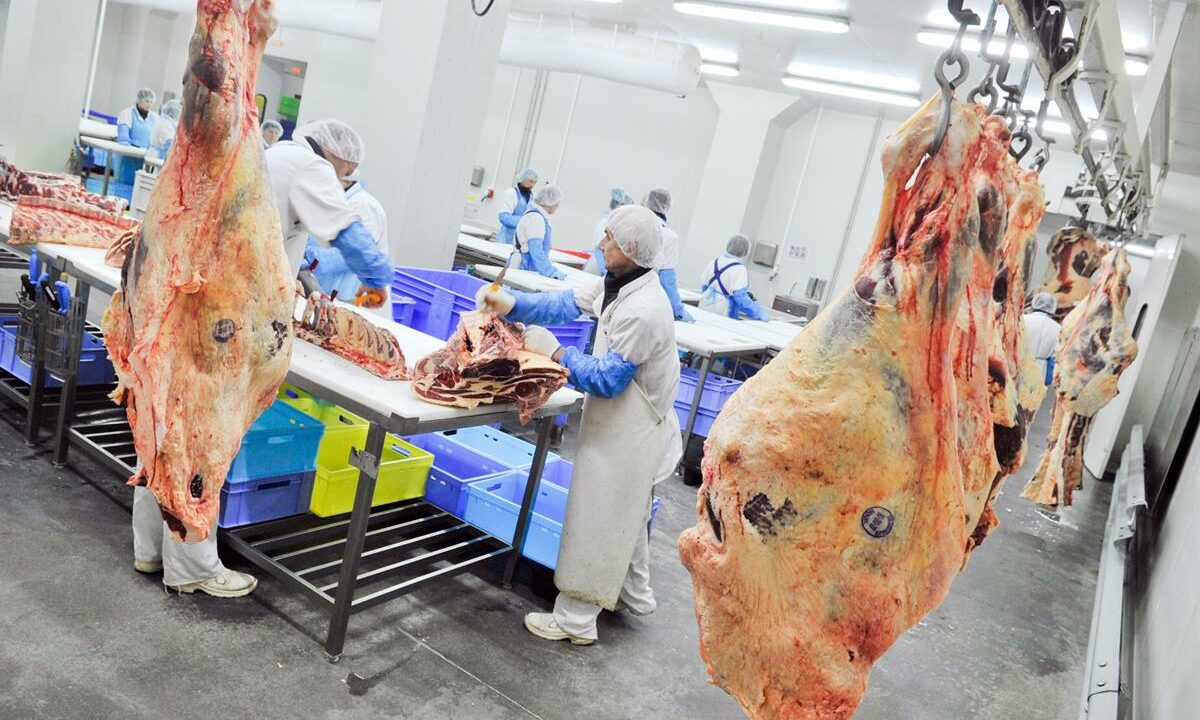The UK government has noted that Britain has a lack of ballet dancers – but “ignores food shortages caused by a chronic lack of butchers”, the British Meat Processors Association (BMPA) has claimed.
In a statement criticising its government today (Friday, August 27), the BMPA warned that “widening gaps on supermarket shelves” have “exposed a major flaw” in the government’s handling of a labour crisis across the water, quoting a new report published today by Grant Thornton.
The BMPA quoted the report as stating that, of the 953,000 current vacancies across all sectors in the UK, over half of them are in the food and drink sector.
The meat processor association also warned that its sector has an “aging workforce” with estimates suggesting that one in four workers are due to retire within the next 10 years.
Nick Allen, CEO of The British Meat Processors Association warned: “Since Brexit, the government has put in place new immigration rules that have abruptly pulled up the drawbridge and shut off access to overseas workers with specific skills and experience.
“This has plunged the meat industry and many others into a full-blown labour crisis.
“Their solution is simply to tell businesses to get on with hiring British workers then stand back. But it’s not that simple, at least not in the short term,” Allen said.
The association highlighted that, since the beginning of Covid-19, some 1.3 million foreign born workers left the UK “and are yet to return”.
The BMPA urged the UK government to “start managing a controlled generational shift in the British workforce”.
The organisation called for a 12-month Covid-19 Recovery Visa to address the immediate labour crisis, followed by adding butchers and HGV driers to the UK government’s “Shortage Occupation List”, with the association saying:
“It’s worth noting that currently, ballet dancers and artists are on that list, while at the same time there are growing gaps forming in supermarket meat aisles due to a chronic shortage of skilled butchers in the country.”
In relation to the UK’s departure from the EU, warning that “many of the jobs taken by EU nationals have for a long time been out of favour with British people”, the BMPA said:
“The net effect today is that fewer school leavers are heading into the food industry and companies are left trying to compete for a dwindling pool of UK candidates.
“Over time the food and drink sector will adjust to the new normal that Brexit and Covid has created, until then the report suggests that the government takes a pragmatic view on allowing migrant workers to fill the current labour shortfall. Ultimately our food security depends on it,” the association stressed.
